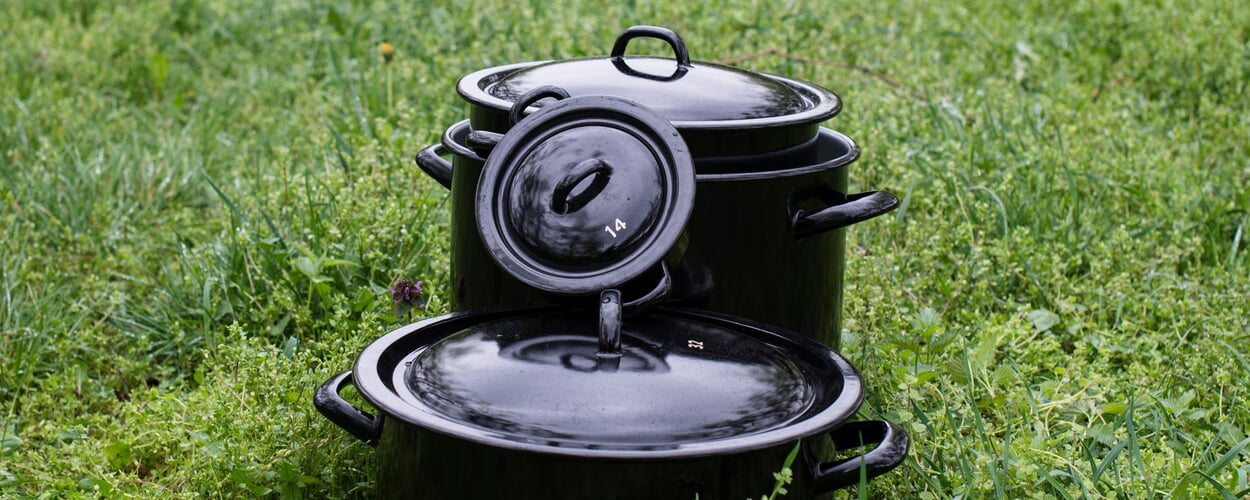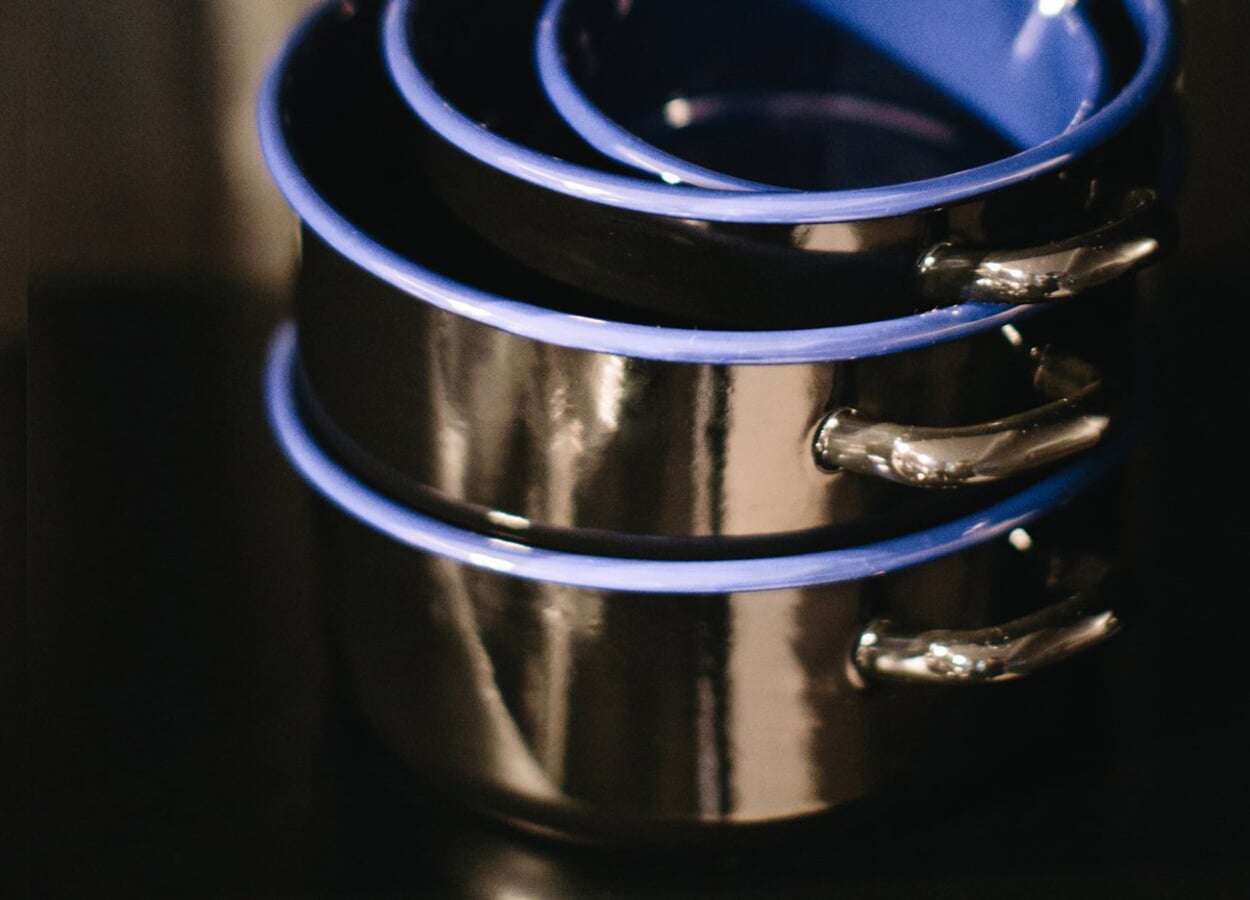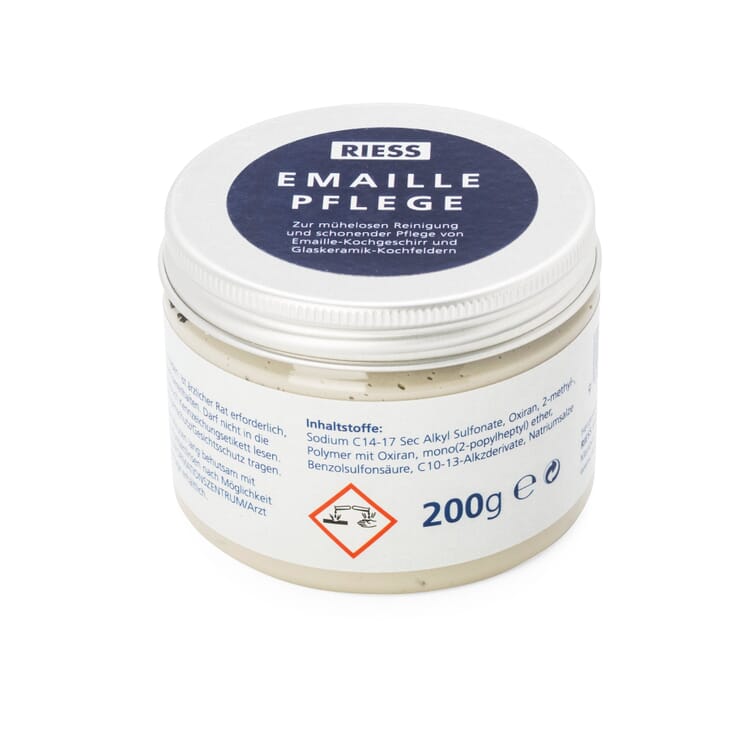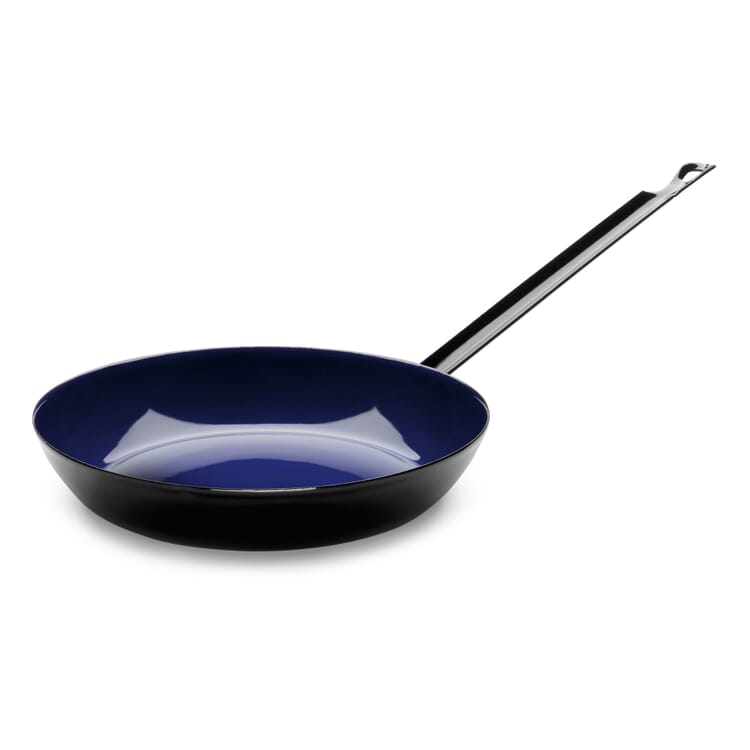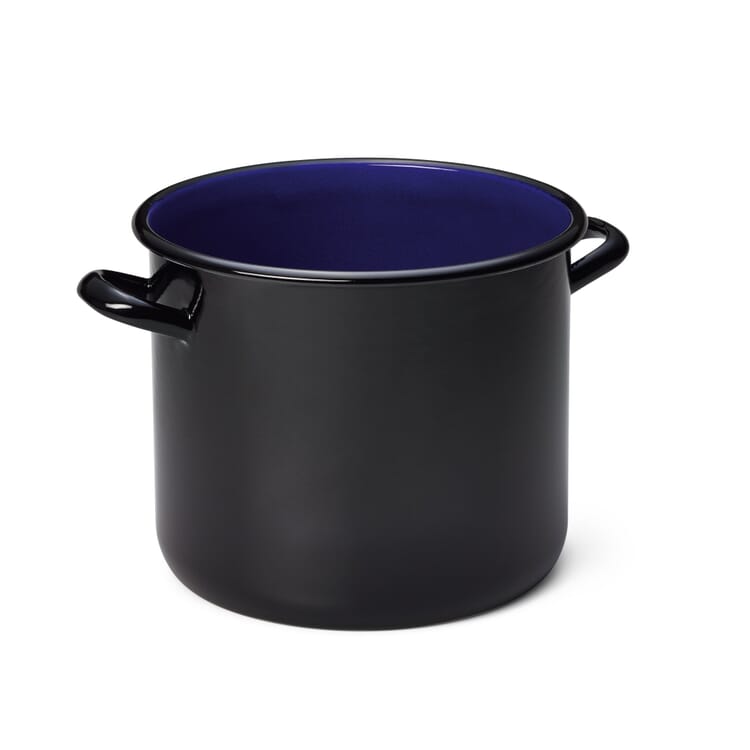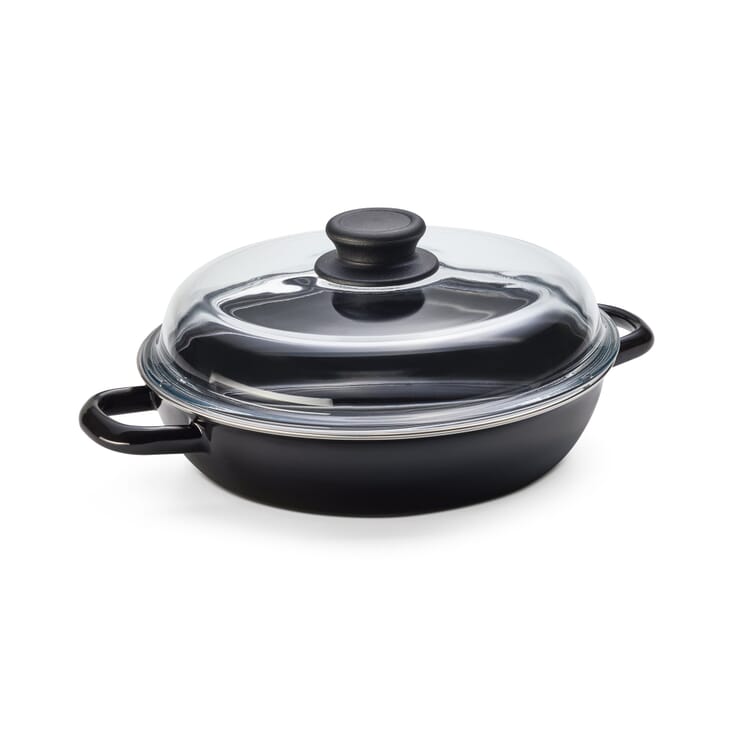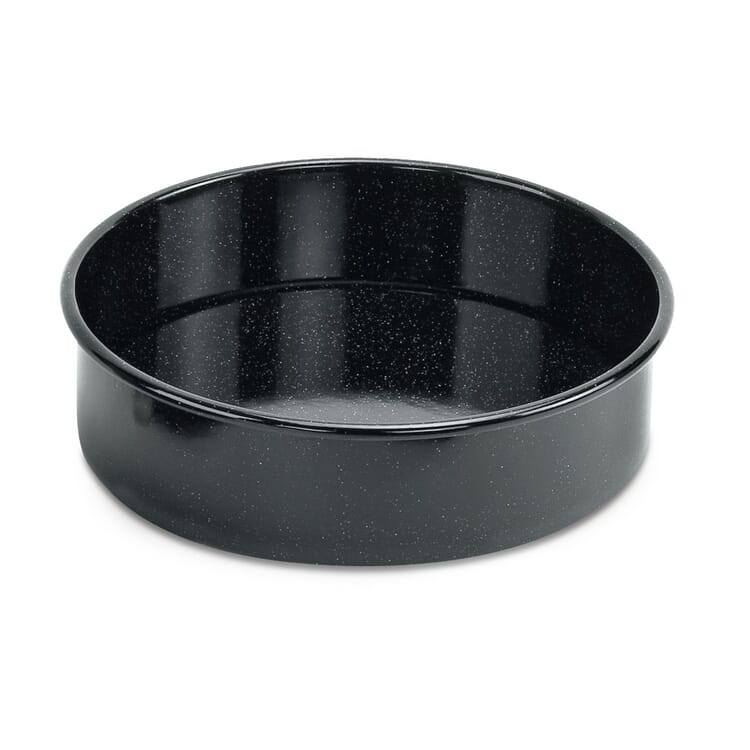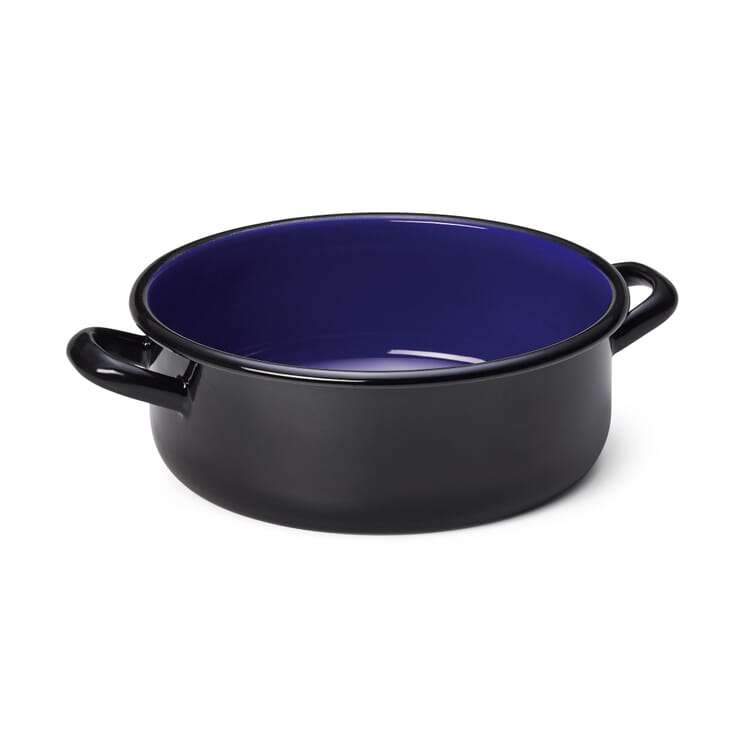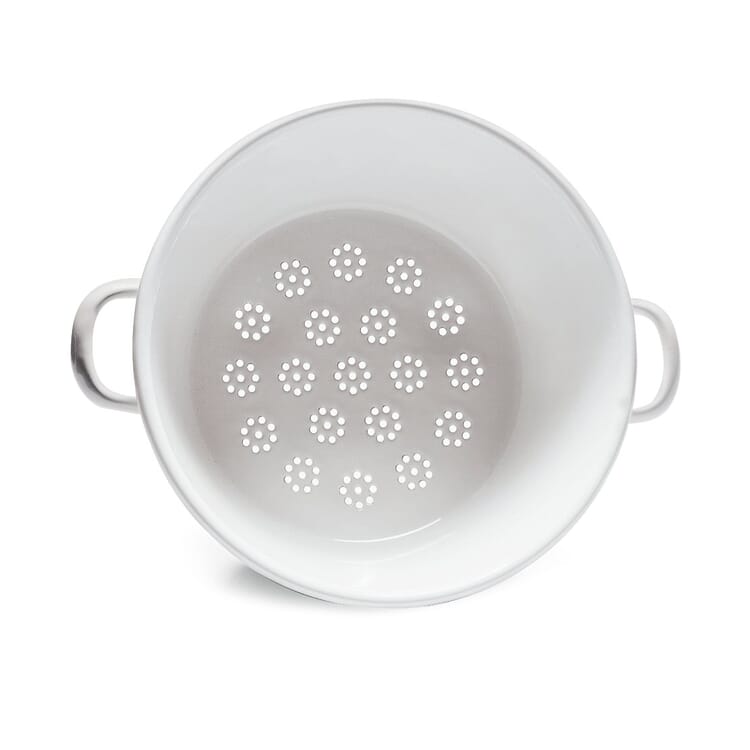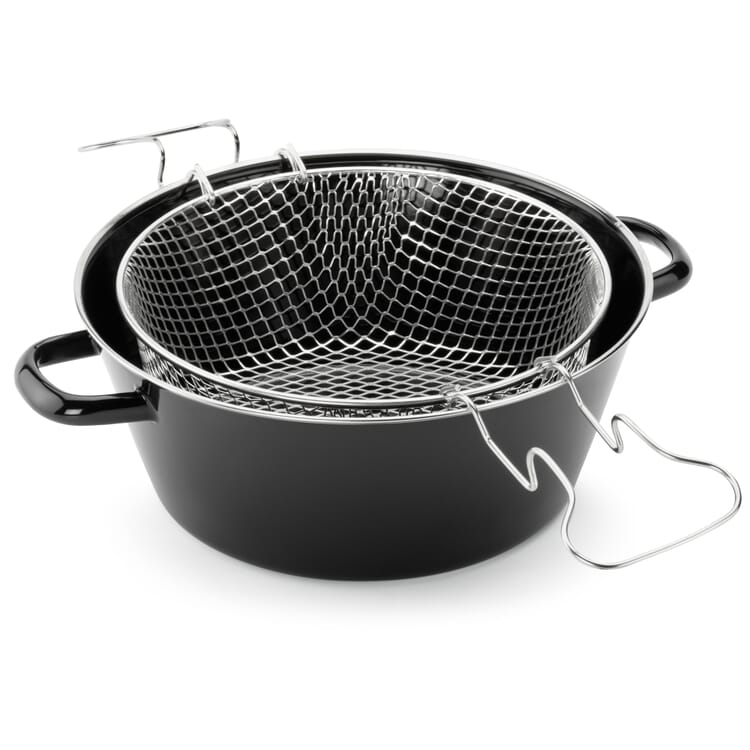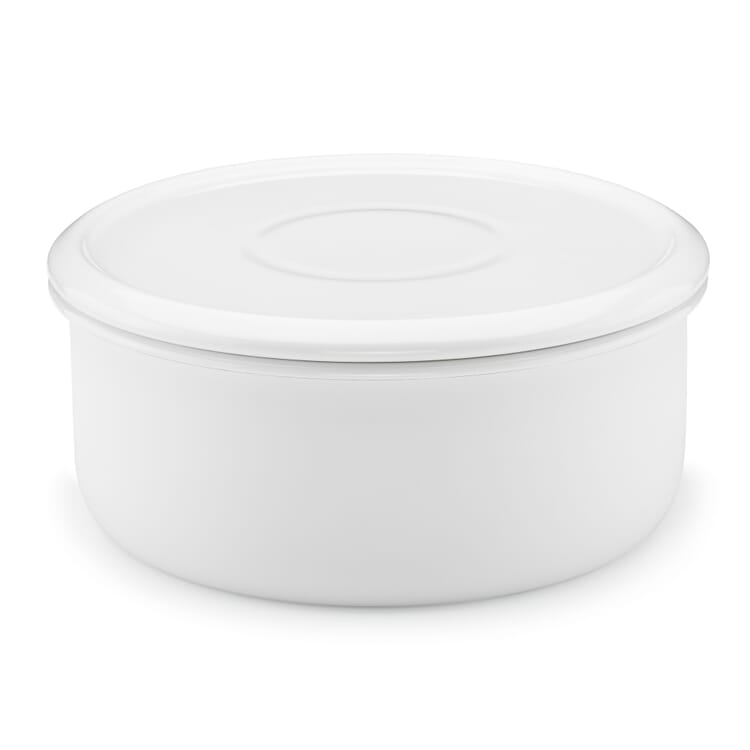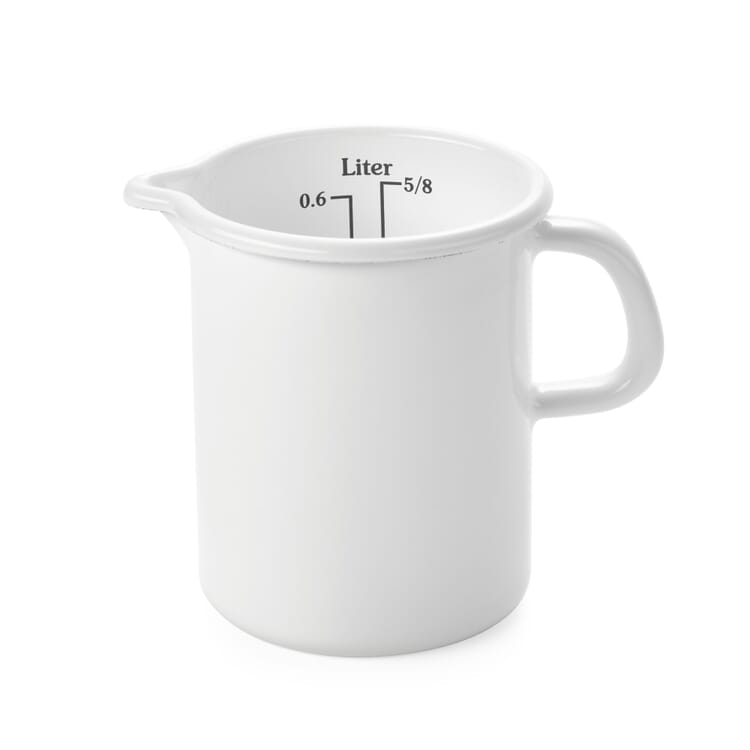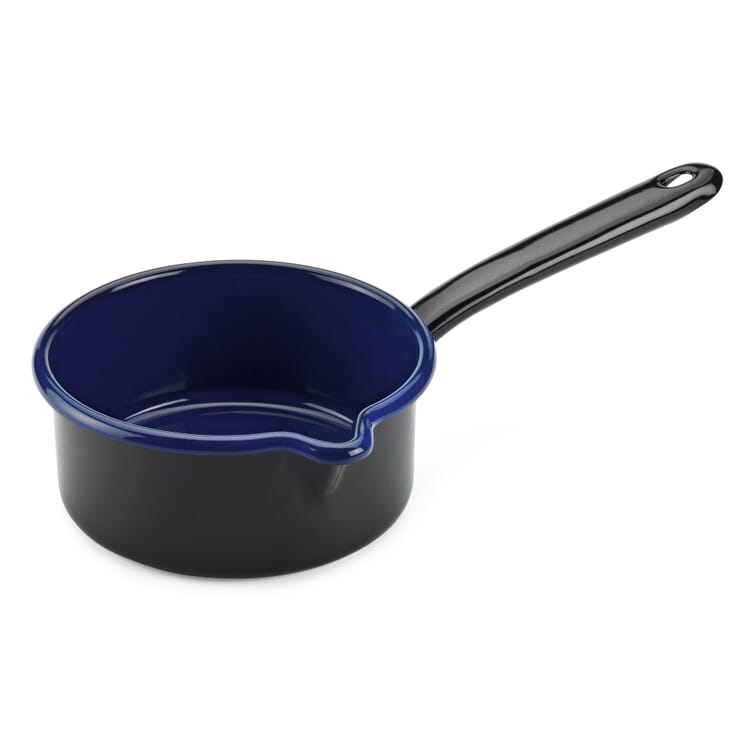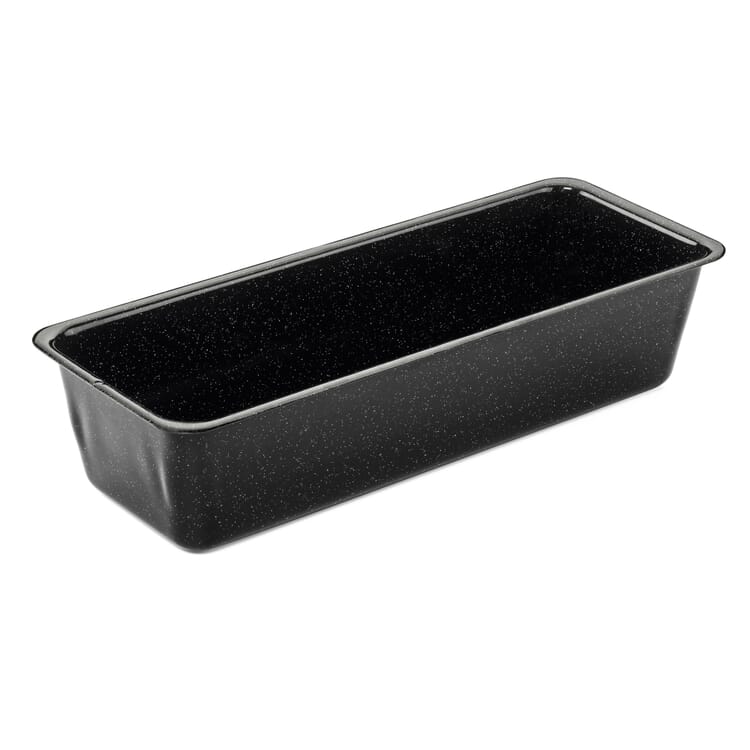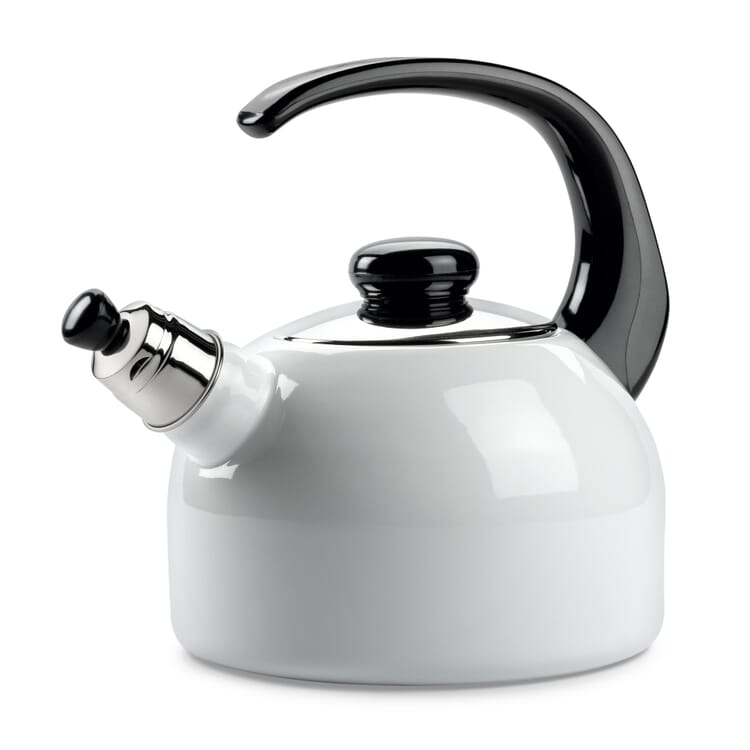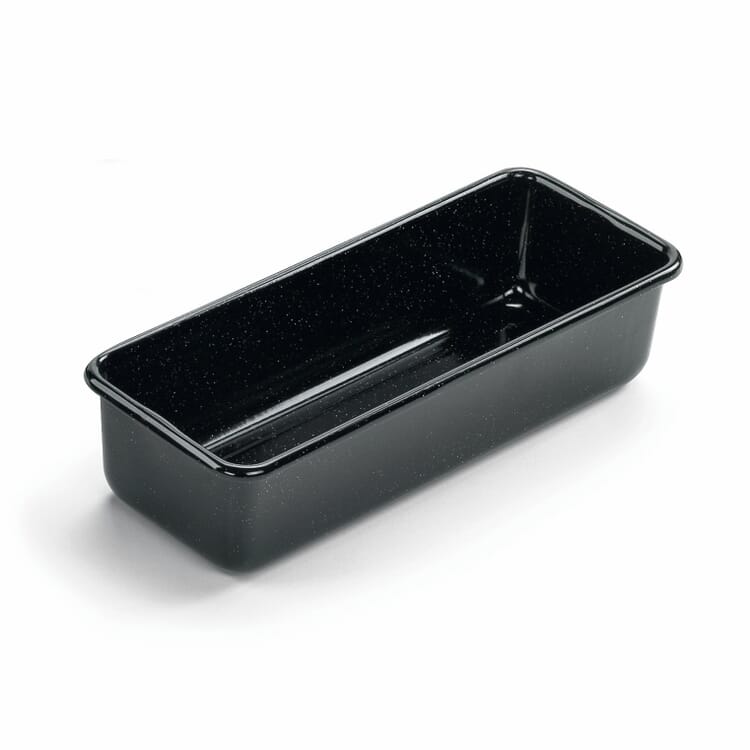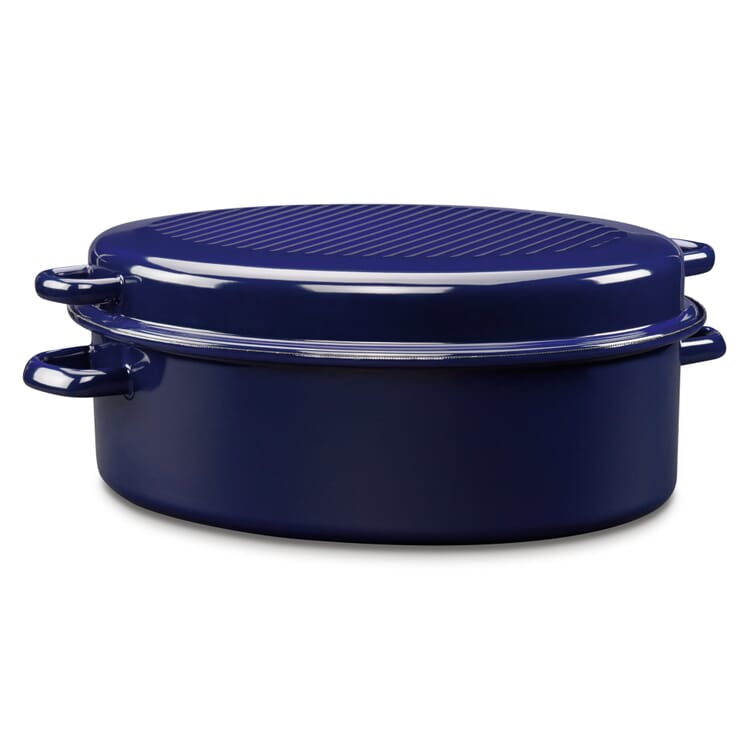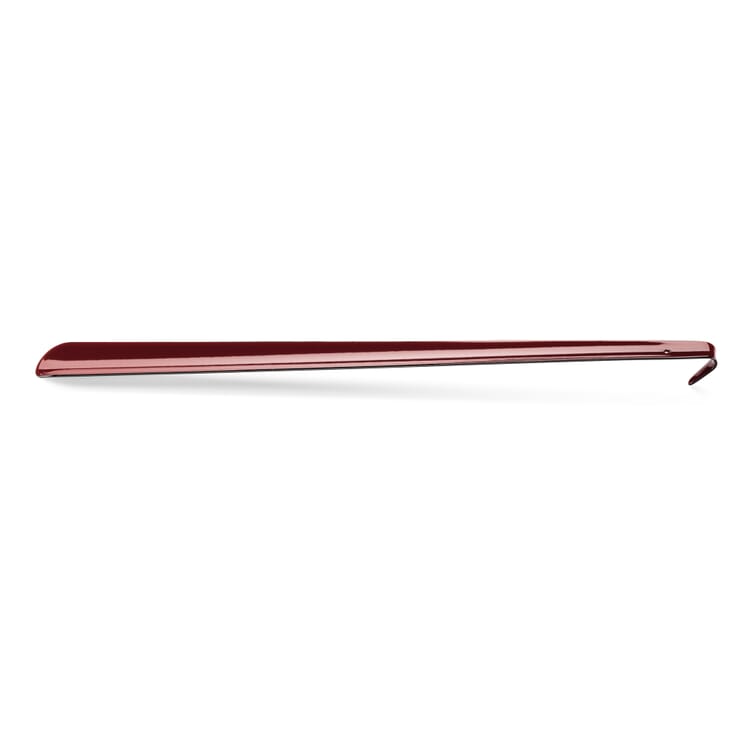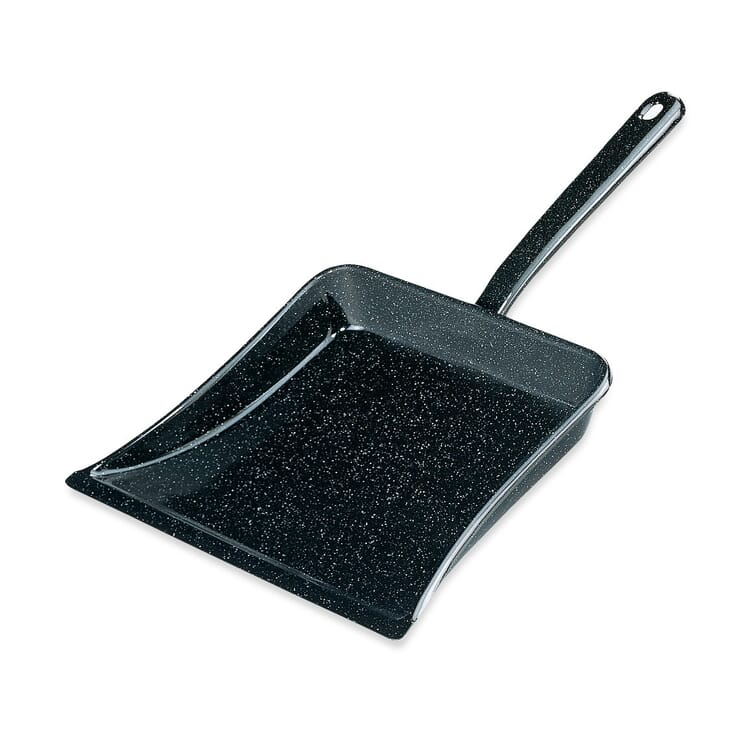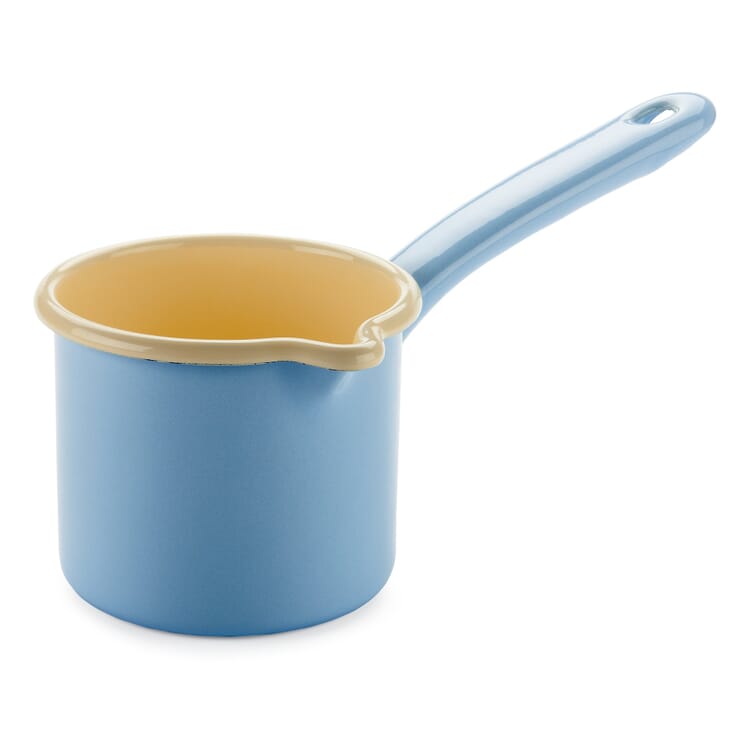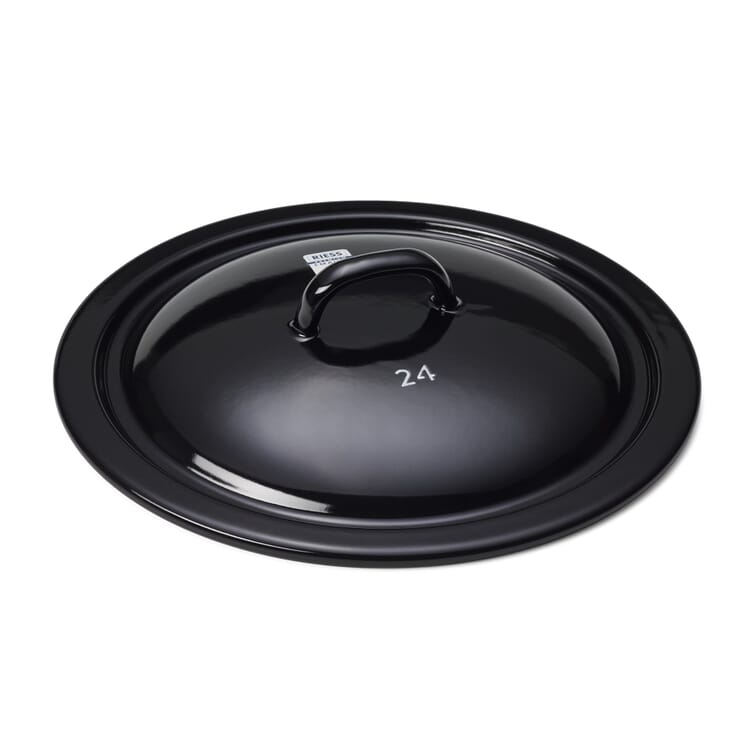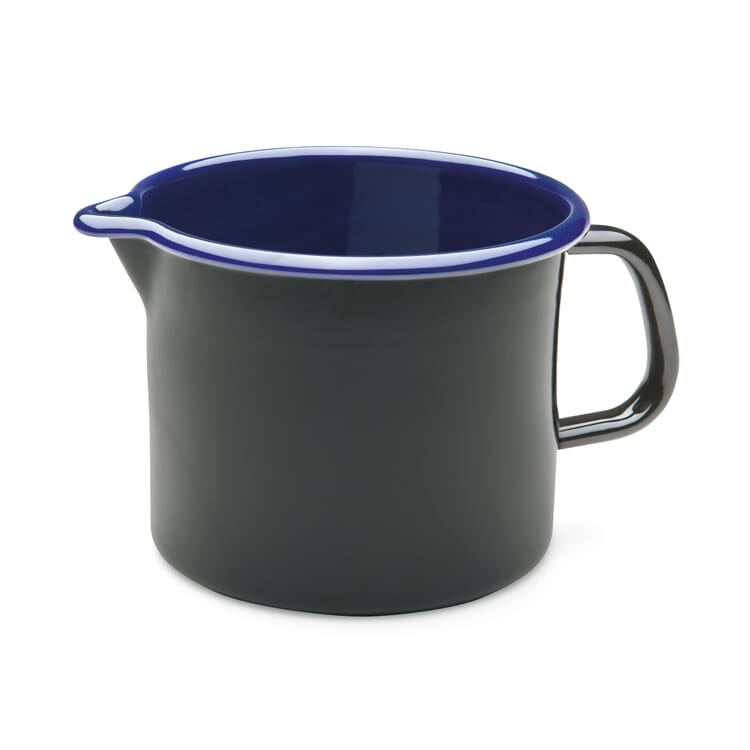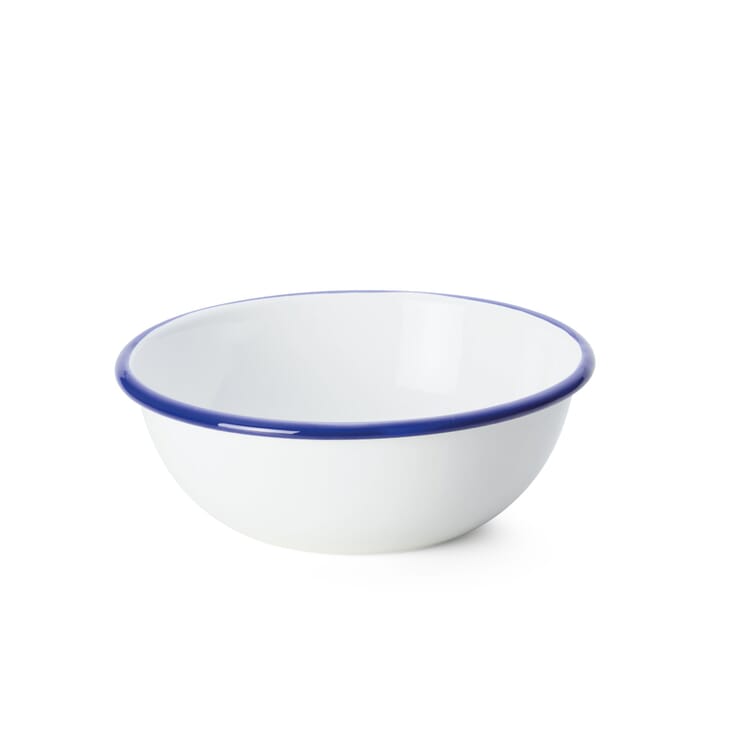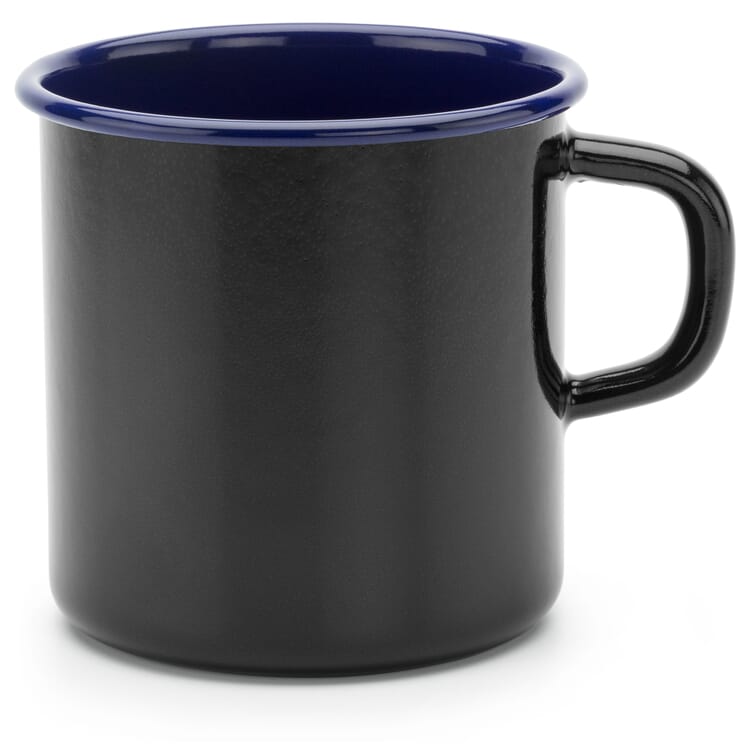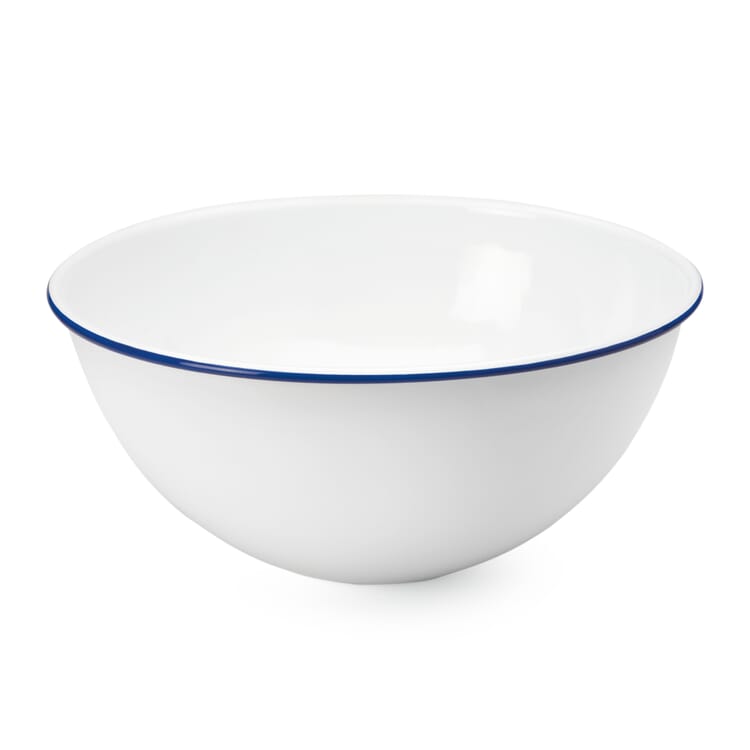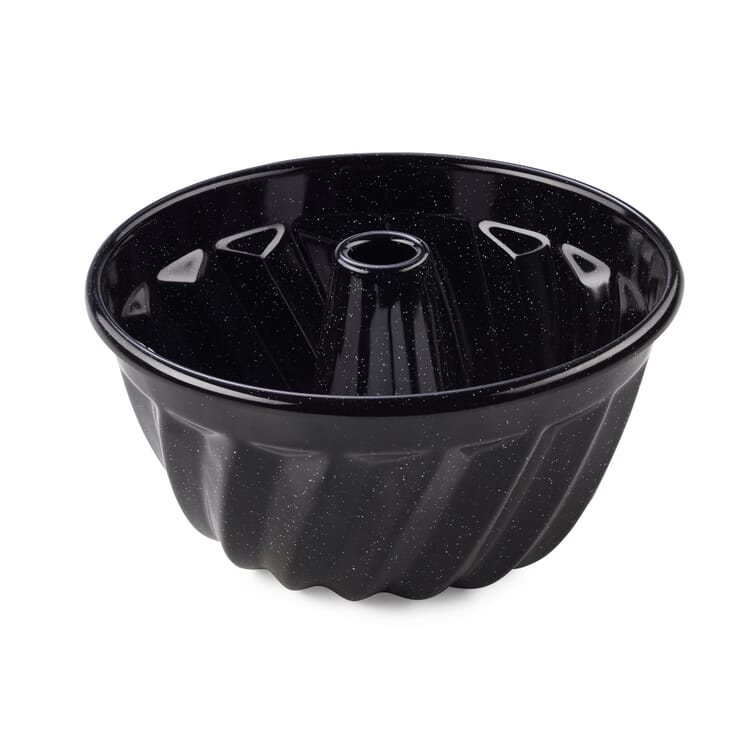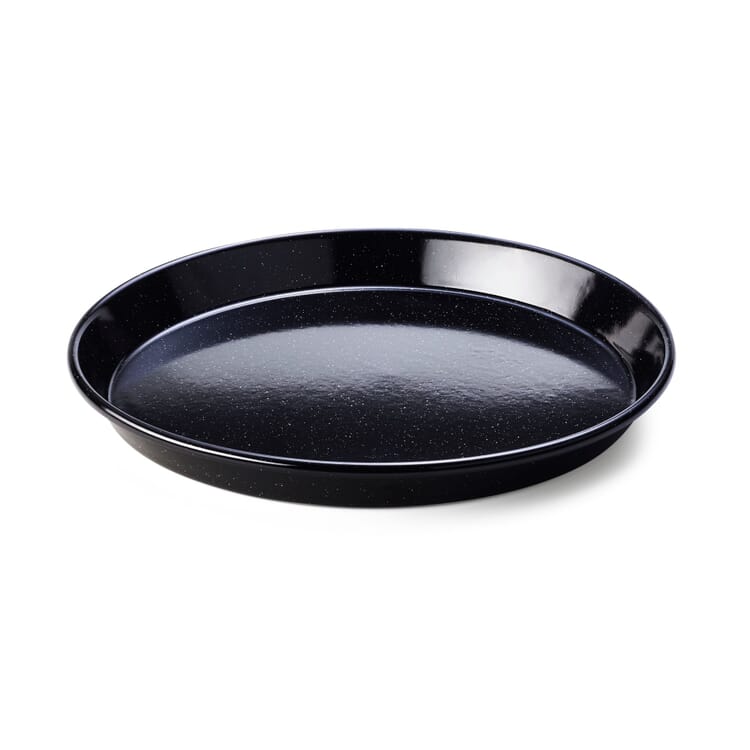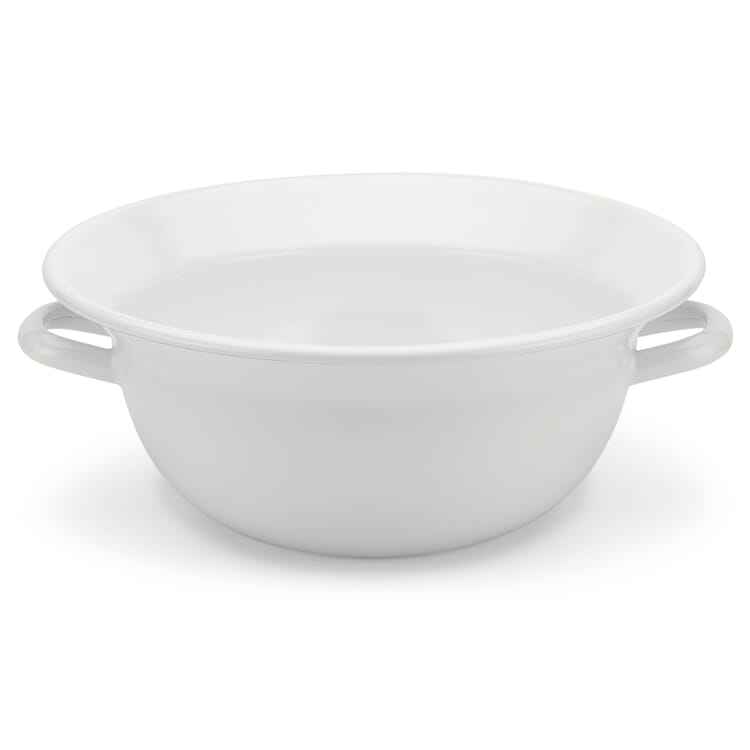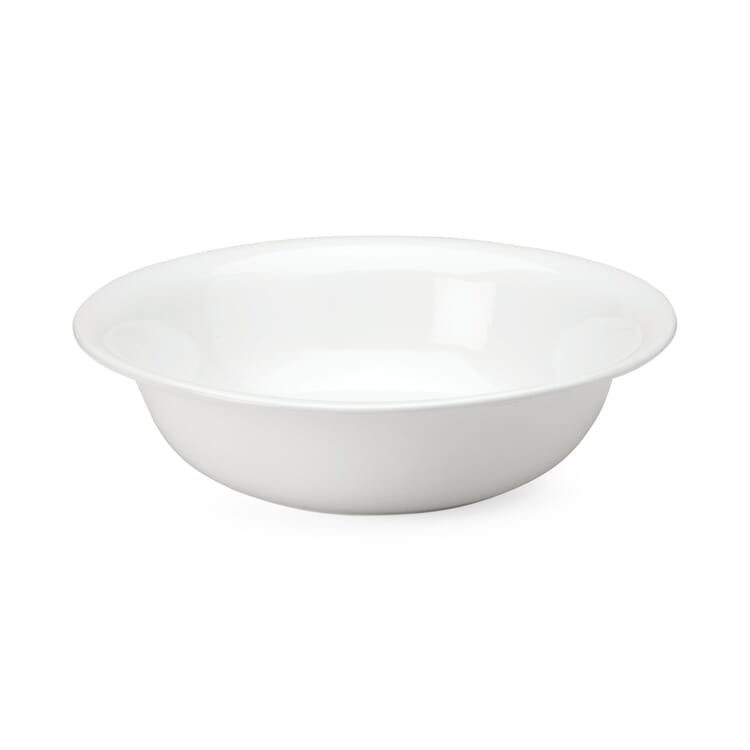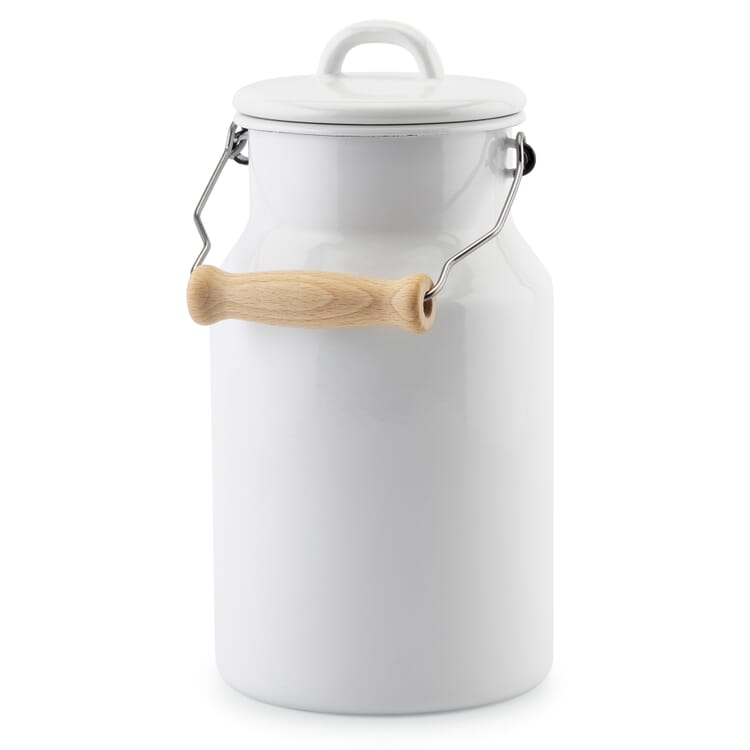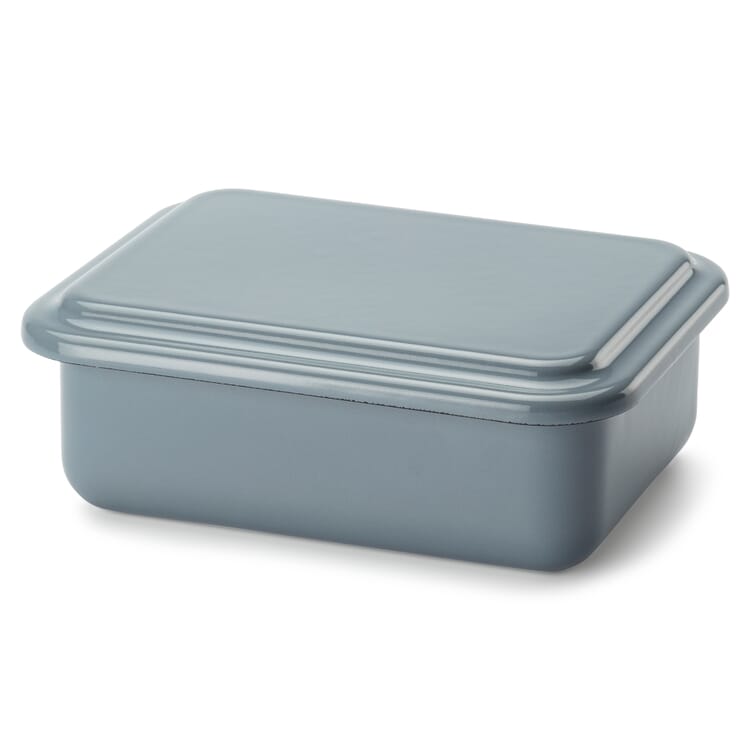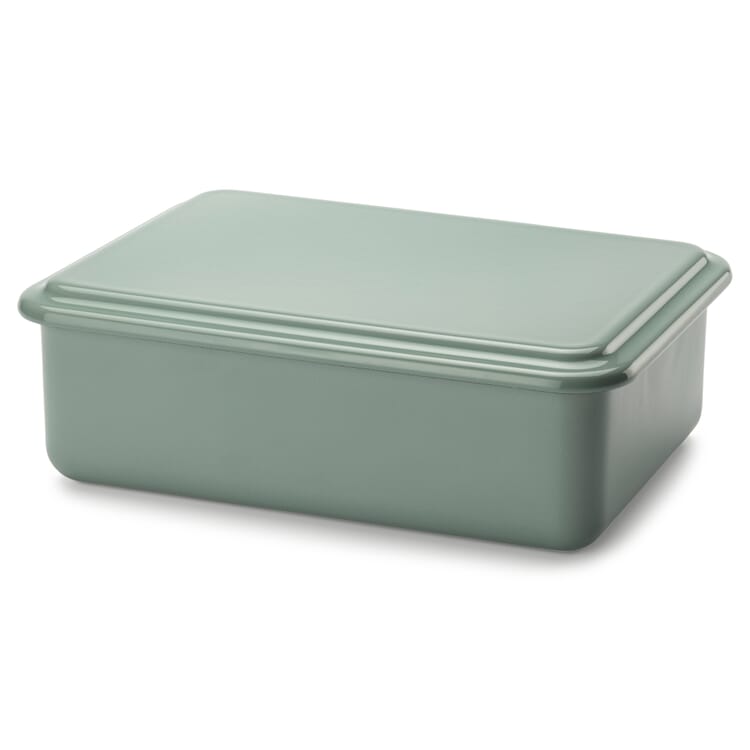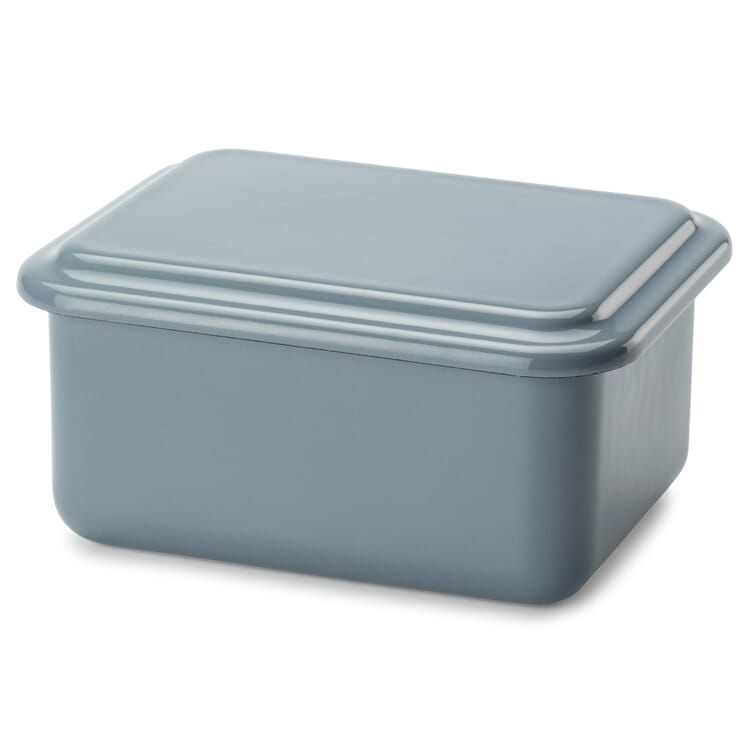Manufacturer
Enamel cooking utensil from Riess
Enameled pots and pans are basically nothing more than ironware coated with silicate glass. However, the properties of this type of surface finish are outstanding: hard as glass and food-safe, enamel is also highly resistant to light and corrosion, scratch-resistant and easy to clean. In addition, it is heat-resistant, odorless and tasteless - and for this reason alone is ideally suited as a material for cookware and bakeware. The solid iron core does the rest, promoting good heat conductivity, high heat storage capacity and also ensures that the enamelware is induction-compatible. The enameled pots, pans, roasters and baking dishes in our range all come from the traditional Austrian company Riess. Based in Ybbsitz, Lower Austria, it is not only considered the epitome of enameled cookware, but also one of the fewer and fewer manufacturers whose products do their job in a completely unagitated manner without going off the rails (or out of frame).
Tradition for over 450 years
The history of the company goes back over 450 years, and that of the production site even 650 years. Riess has been a family business for nine generations and is one of the oldest companies in Austria. The company has been enameling since 1922 and has been the only manufacturer of enameled cookware in the country since 1980. Production techniques have been continually improved and new products and designs introduced. The company now obtains the energy required for production from its own hydroelectric power. The switch from iron to enamel cookware took place after the First World War with the very durable process of multi-layer enameling. The glass-hard, hygienically perfect coating ensures an almost eternal durability, which has established the company's worldwide reputation.
Guarantor for long service life: multilayer enamel
The raw material used for glass is first melted at 1200 °C, quenched in water and finely ground with the addition of about one-third water, clay, quartz powder and coloring oxides. The resulting enamel slip matures for a few days before being applied to the iron blanks. At a temperature between 850 and 900 °C, the layer melts together to form a solid coating. This base enamel prevents oxidation of the iron during firing, after which one (or more) cover enamel layers are added on top, which is fired at 800 to 850 °C - it protects the base layer from wear. Compared to the base enamel, top enamel contains less borax, quartz and sodium nitrate, but more feldspar, fluorspar and cryolite. If you see fine black edges on Riess enameled cookware, this is not a sign of a defect. These edges are caused by the stamping of the molds, because where the enamel cannot adhere, the raw iron remains visible. The special blue enamel is also a sign of quality; it is particularly resistant to acids and leaves and is especially hard.

